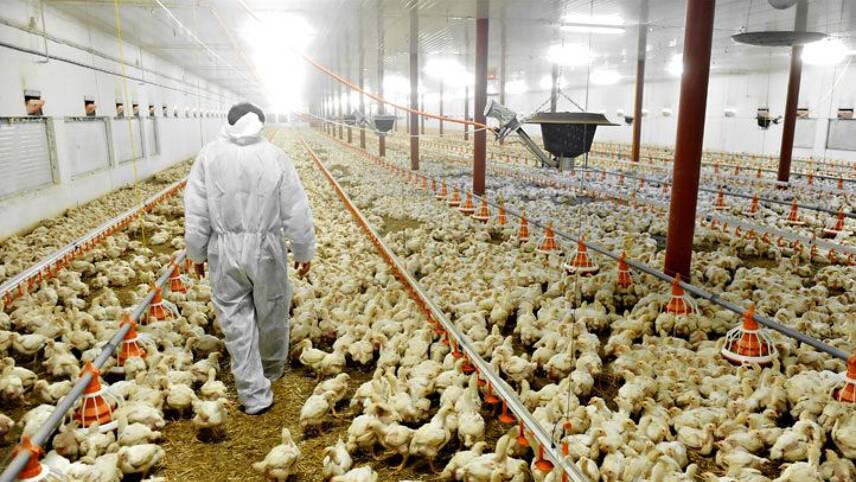Register for free and continue reading
Join our growing army of changemakers and get unlimited access to our premium content

There are particular concerns about the decision's implications for the meat sector
Bodies including the Aldersgate Group, the National Farmers Union, WWF, Greenpeace and ClientEarth, along with big businesses like John Lewis Partnership and BASF, had been urging ministers to accept an amendment filed last month. The amendment was designed by members of the House of Lords to give MPs and Lords more of a say on the shape of all future trade deals, holding the Government to account over its non-regression commitments on environmental standards, animal welfare and protecting workers.
But a vote on the amendment on Tuesday night (19 January) came as a disappointment to proponents. 277 MPs voted in favour of the amendment but 353 MPs voted to scrap it. Only a handful of Tory MPs backed the proposed changes.
An argument put forward for scrapping the amendment was that it would slow down the process of agreeing and implementing trade deals. The Government also told MPs that there are already sufficient safeguards on standards for imported products.
But trade bodies are warning of potentially dire consequences for producers in the UK, who could lose business as cheap imports which undercut domestic standards come in.
There are also concerns about the environmental messages being sent and the potential impacts on human health. Particular sticking points include chicken treated with chlorine and similar substances; hormone-fed beef and livestock which have been over-exposed to antibiotics – thus developing resistance.
“These deals will have a far bigger impact than changing the contents of our supermarket shelves – they could make it harder to pass new legislation to protect our environment, increase the UK’s contribution to climate change, or prop up supply chains linked to human rights abuses,” Friends of the Earth campaigner Kierra Box said.
“It’s not just disappointing that our elected representatives are willing to let themselves and their constituents be satisfied – it’s mystifying.”
An unpopular move
The decision from Government is proving unpopular with big businesses as well as environmentalists. Supermarket giants including Sainsbury’s, Waitrose & Partners, the Co-op, Aldi UK and Marks & Spencer (M&S) all made public commitments last year to never stock imported chicken that does not meet domestic standards. Firms across the UK’s farming and food manufacturing sectors are also in uproar, including chicken producer Pilgrim’s Pride.
Moreover, support for high food standards and protection for UK-based farmers is high across all voting demographics in the UK, from Green Party and Labour supporters to new and long-time Conservative voters.
Ahead of the general election in 2019, the Conservative Party was widely using the slogan “get Brexit done to support British farmers”. A recent survey of 52 focus groups of first-time Conservative voters in constituencies that turned blue at the election found that most support strong food standards and see farming and trade as key issues.
Sarah George


Great article, is there a way readers can take action on this? Frustrating to read and further steps would allow an outlet for that.